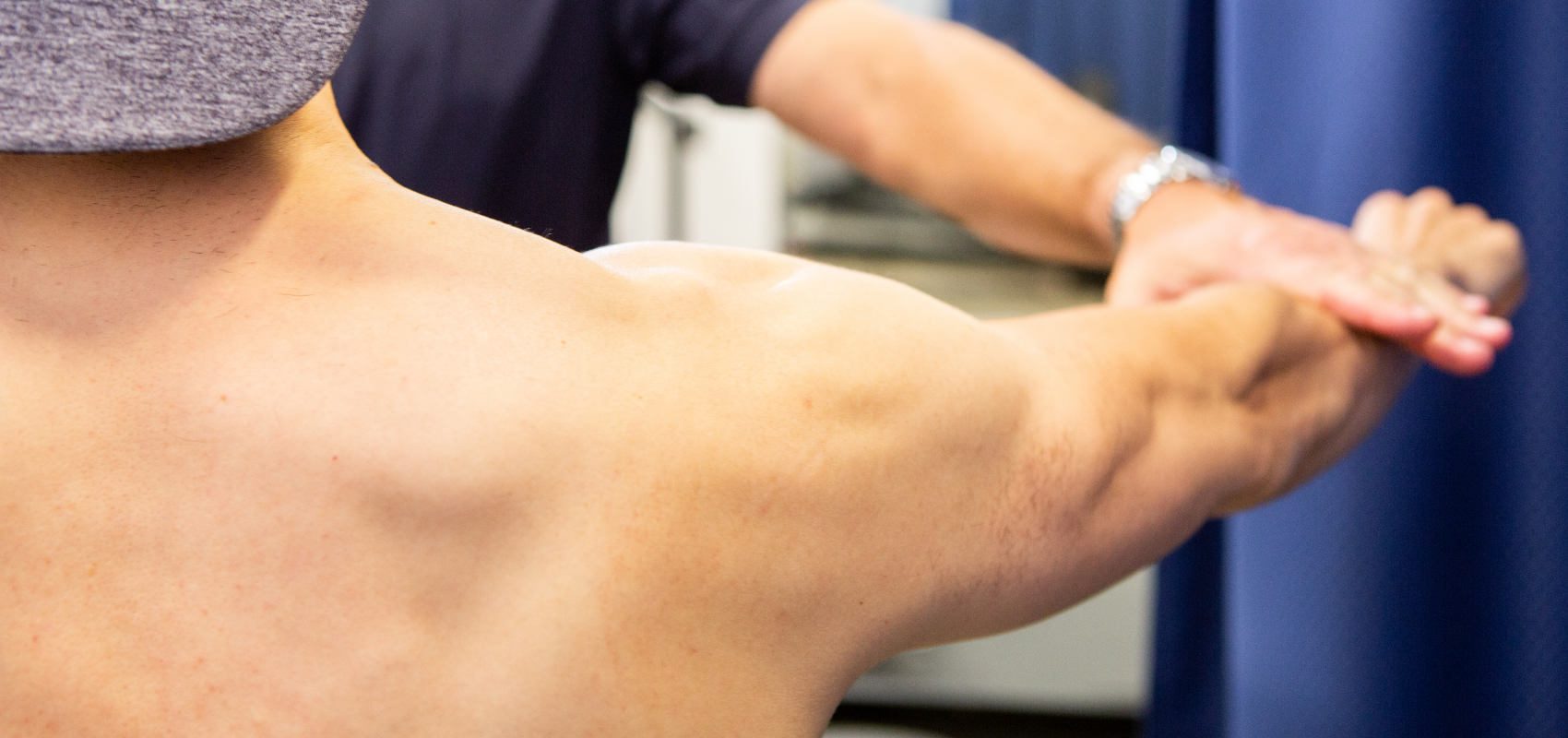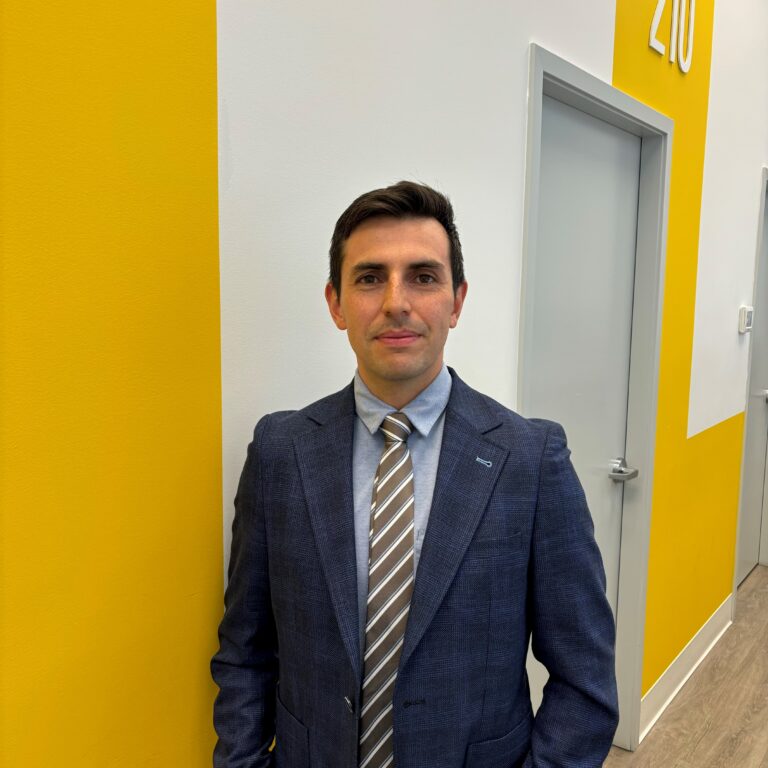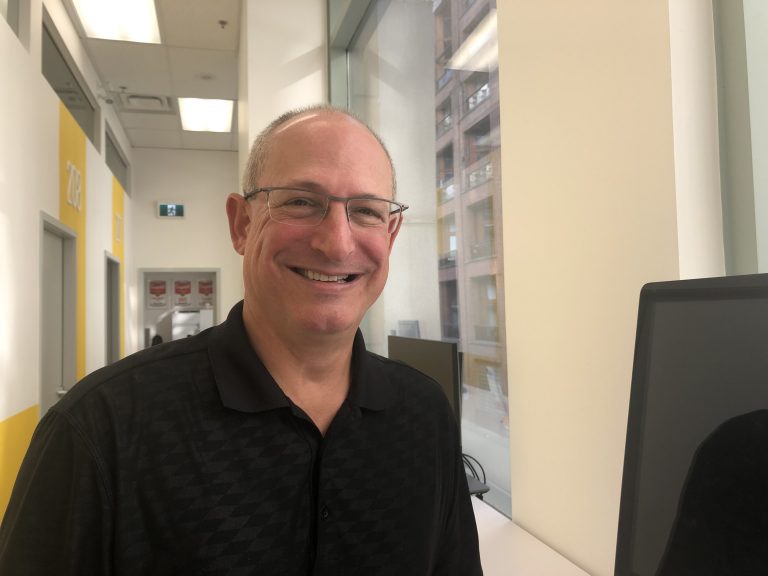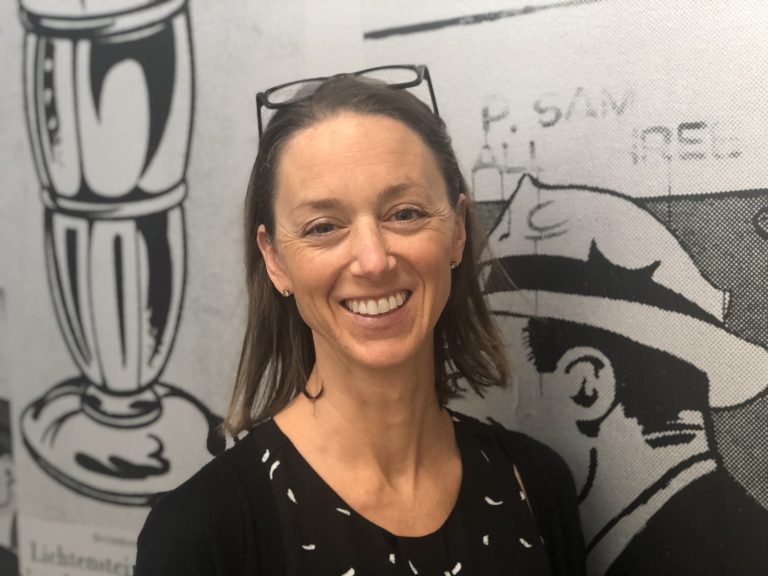Dr. Lindsay Anderson
Orthopaedic Surgeon

Evaluation and treatment options for chronic shoulder conditions, degenerative conditions such as arthritis, and fracture care.
The shoulder is a complex, highly mobile part of the body consisting of two joints: glenohumeral joint and the acromioclavicular joint. Strong connective tissue forms the shoulder capsule which keeps the head of the humerus in place in the joint socket. Several tendons, ligaments and muscles support the shoulder to keep it stable.
Shoulder conditions are common and can develop from overuse (and become a chronic problem), or from an acute injury or accident. As we age, natural wear and tear occurs in the shoulder joint and the rotator cuff tendon.
There are many causes for shoulder pain; not all of them are due to problems of the shoulder joints or structures around the shoulder.
A referral is required to obtain a consultation with a Footbridge physician for a shoulder consultation.
Orthopaedic Surgeon

Orthopaedic Surgeon

Orthopaedic Surgeon

Orthopaedic Surgeon, Sport Medicine Physician

Orthopaedic Surgeon, Sport Medicine Physician

Sport Medicine Physician
Yes, Dr. Leith does shoulder replacements.
Possibly. But many rotator cuff tears are due to wear of the tendon. They can usually be treated with physiotherapy and other non-surgical methods. A consultation with a Sport Medicine physician or Orthopaedic surgeon first is recommended.